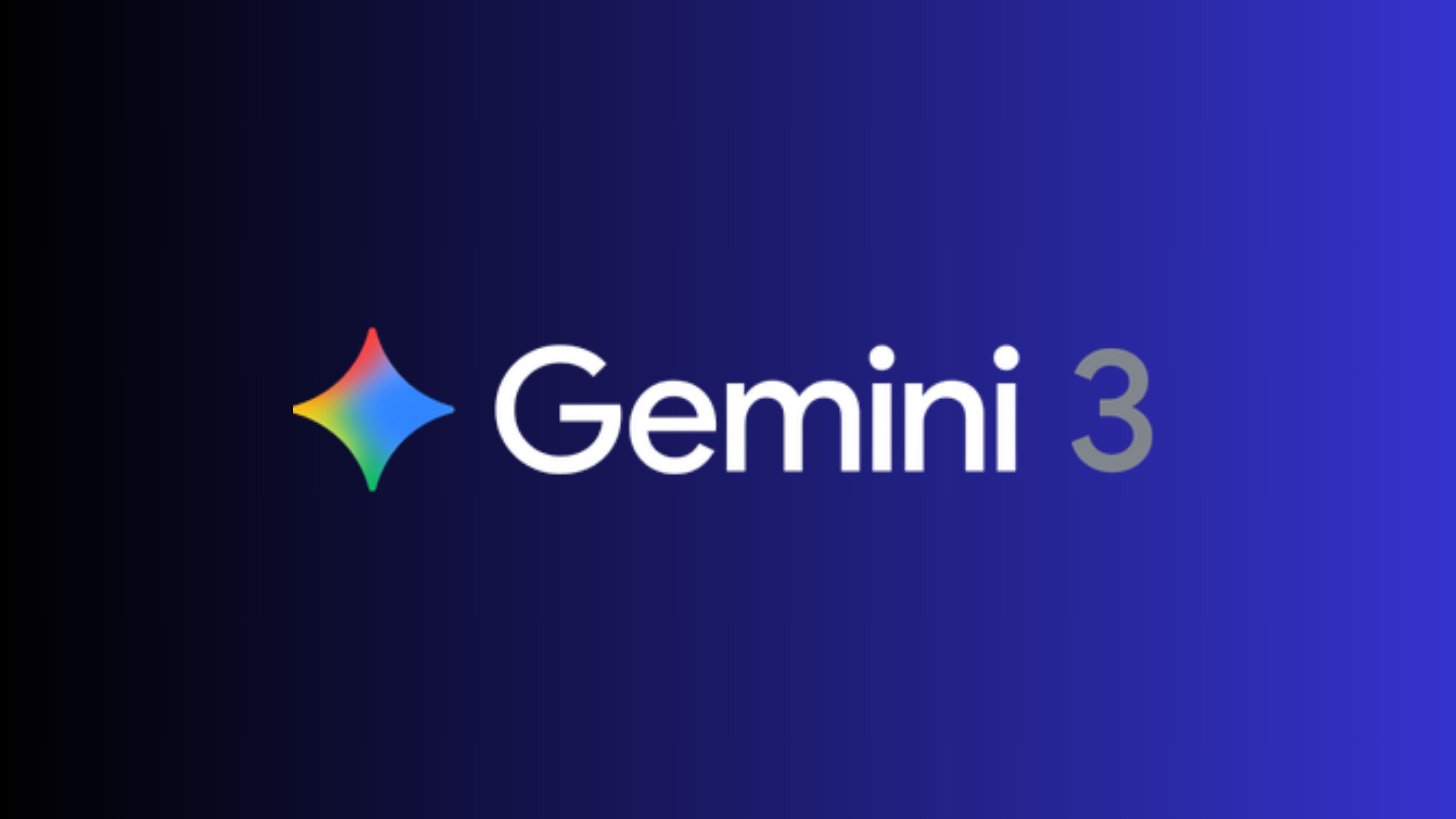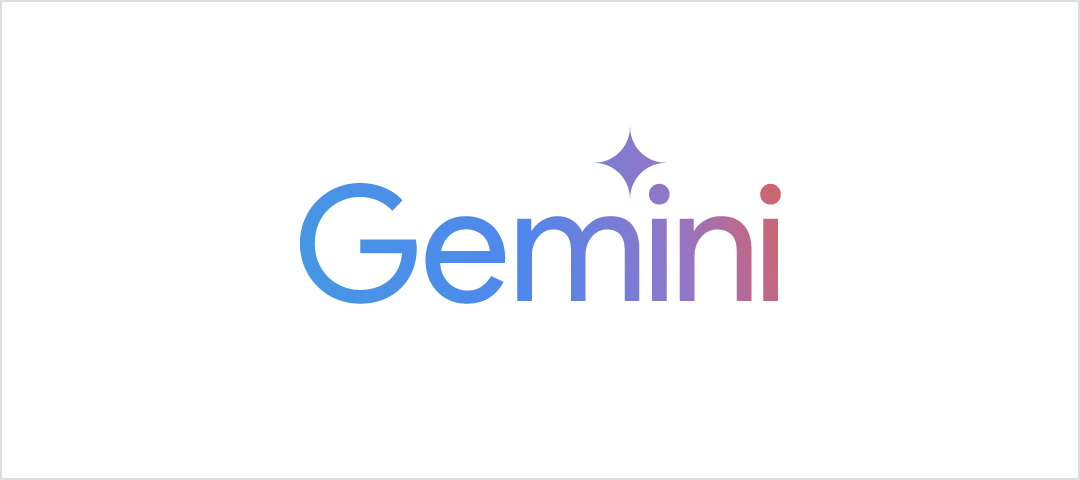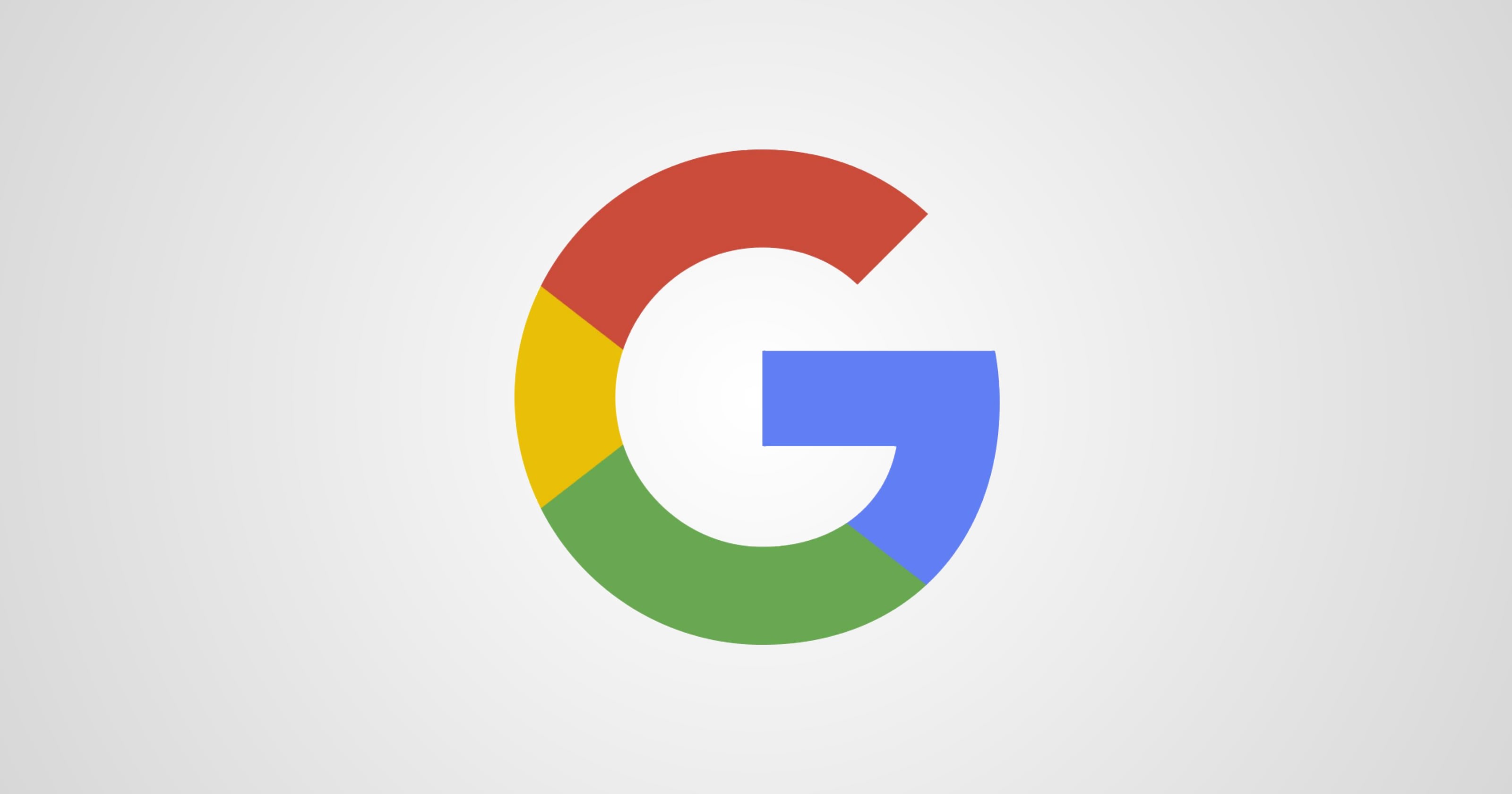Google’s new study, The Future Report, surveyed over 7,000 teenagers across Europe about their use of digital technologies. Most respondents describe themselves as curious, critical, and optimistic about AI in their daily lives.
Many teens use AI daily or several times a week for learning, creativity, and exploring new topics. They report benefits such as instant feedback and more engaging learning while remaining cautious about over-reliance.
Young people value personalised content recommendations and algorithmic suggestions, but emphasise verifying information and avoiding bias. They adopt strategies to verify sources and ensure the trustworthiness of online content.
The report emphasises the importance of digital literacy, safety, balanced technology use, and youth engagement in shaping the digital future. Participants request guidance from educators and transparent AI design to promote the responsible and ethical use of AI.
Would you like to learn more about AI, tech, and digital diplomacy? If so, ask our Diplo chatbot!









